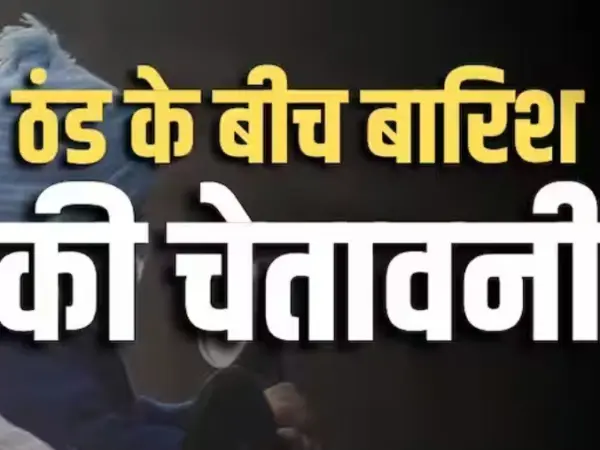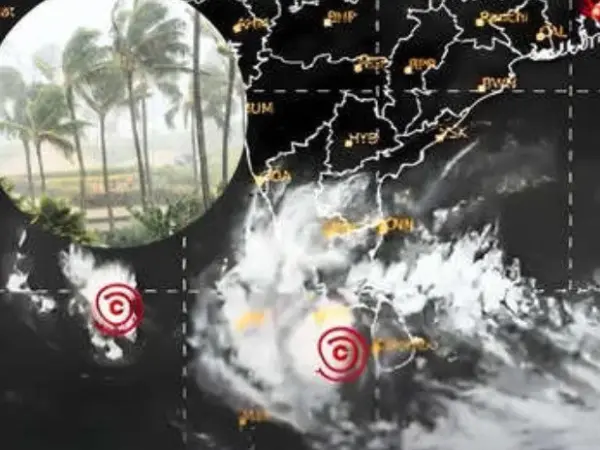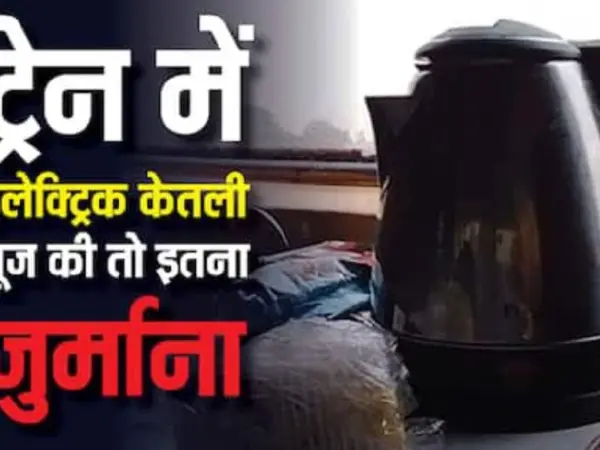DelhiDesk India will require around 14 crore liters of sustainable aviation fuel (SAF) per annum to achieve 1% blending in jet fuel by 2025, according to Union minister for petroleum and natural gas Hardeep Singh Puri. He emphasized the importance of India’s vision to become energy self-reliant by 2047, aligning with the mandate set by Prime Minister Narendra Modi. The government is considering issuing a directive mandating airlines to use blended SAF by 2025. India recently achieved a significant milestone in its journey towards decarbonizing the aviation sector, successfully conducting its first commercial passenger flight powered by an indigenously produced SAF blend.
Follow DelhiBreakings on Google News
Here is the news bullets sorted by DelhiBreakings.com team.
👉 India will require around 14 crore liter of sustainable aviation fuel per annum to achieve 1% blending in jet fuel by 2025, according to Union minister for petroleum and natural gas Hardeep Singh Puri.
👉 Puri emphasized the importance of India’s vision to become energy self-reliant by 2047, aligning with the mandate set by Prime Minister Narendra Modi.
👉 The government is considering issuing a directive mandating airlines to use blended sustainable aviation fuel (SAF) by 2025.
👉 India recently achieved a significant milestone in its journey towards decarbonizing the aviation sector, successfully conducting its first commercial passenger flight powered by an indigenously produced Sustainable Aviation Fuel blend.
👉 Puri reiterated Prime Minister Modi’s vision of an Atmanirbhar Bharat (self-reliant India) and emphasized the development of indigenous solutions to mitigate the environmental impact of aviation and pave the way for the widespread adoption of SAF throughout the country.
👉 SAF is derived from renewable sources such as agricultural waste, municipal solid waste, and forestry residues, and has the potential to reduce greenhouse gas emissions by up to 80% compared to conventional jet fuel.
👉 India possesses the feedstock potential to produce 19 to 24 million tonnes of SAF per year, with the estimated maximum SAF requirement projected to be around 8 to 10 million tons per year by 2030.
👉 The utilization of indigenous biological feedstock like sugarcane molasses would not only boost the rural economy but also provide additional income to farmers.
👉 The blending of 1% SAF alone would benefit over 500,000 farmers by creating a demand for their sugarcane supply and has the potential to generate over 100,000 green jobs.
👉 Puri expressed confidence that this step towards self-reliance could transform India into an international hub for sustainable aviation fuel.
For superfast news and Delhi Breaking Stories visti us daily at https://delhibreakings.com





